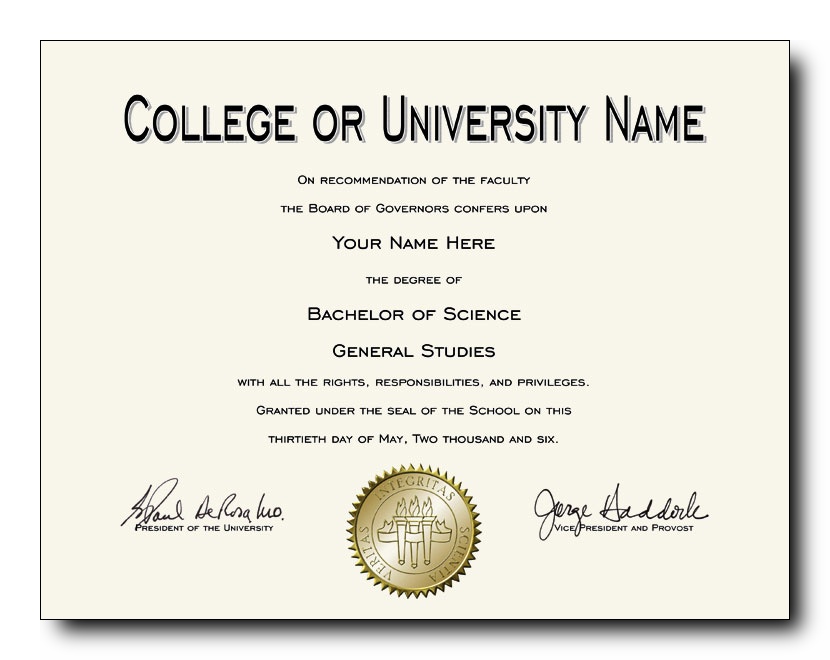Fake university diplomas can be a real issue. They’re often very similar to legitimate universities and may have a website with a.edu address.
In Australia where forgery of certificates is a criminal offence, document fraud can be a serious crime that could land you in jail. However, enforcement is sporadic.
Legal Questions
Fake higher education institutions are an increasing threat to the public as fake degrees become popular around the world. As the legal system needs to continue to develop ways to identify diploma mills and educating consumers about the dangers of fake degrees, it is crucial to think about the economic impact of these scams.
A study by Verifile the organization that monitors the credibility of universities around the globe has found that there are at most 16,000 diploma mills that earn billions each year. According to the study, lots of people take advantage of fake diplomas to enhance their job prospects. They may even be put their lives in danger.
Furthermore anyone who makes false claims to their degrees are likely to face severe legal and professional penalties. This is why the demand for phony degrees has been increasing rapidly in recent years.
This trend may be a result of employers who rely too heavily on college degrees for proof of job competence. This is a violation of Title VII of the Civil Rights Act, especially when it has a disparate effect on certain groups, such as minorities and women. Employers must adopt testing procedures that work, and the government should create partnerships with community colleges to promote education. Furthermore, the use of analysis tools derived from club theory can assist in assessing the function of status of degrees, and in determining the optimal degree of protection against counterfeits.
Diploma Mills
Despite federal laws which prohibit the distribution and sale fake academic certificates, diploma mills have often been ignored. In the past, several agencies have cooperated in criminal investigations, including the FBI’s DipScam operation, which led to many convictions and arrests in federal anti-fraud statutes. Since the conclusion of DipScam, in spite of a few isolated prosecutions, there has been no coordinated effort to take on these diploma-selling bogus universities.
Another reason is the fact that diploma mills may be difficult to spot because they usually have flashy websites, which make it difficult to obtain precise information regarding their accreditation status and the qualifications of their faculty. Fake schools also may claim that they are accredited by international organizations, but they do not have the authority to make such claims.
They may also hide their location using fake IP addresses, and also avoid legal jurisdictions. They may also hire foreign workers who do not speak English effectively. They may also offer their degrees at less than the price that legitimate colleges charge for their degrees.
In the end, diploma mills devalue the credibility of legitimate certificates and harm millions of people who put in the effort to obtain their diplomas. Anyone who is concerned about protecting consumers, the integrity of higher education or the ability to evaluate job applicants must work to stop this illegal business. This means that all states should enforce their laws against these diploma mills.
Academic Credential Fraud
While academic fraud is difficult to quantify, it’s found across the globe in various forms. From diploma mills and counterfeiting to bribery for admissions (in one famous case the University of Wales https://lambanggiagiare.net/ had to shut down after it admitted students from forged transcripts).
Fraud with credentials is more prevalent than frauds outright. The vast majority of those who fake credentials do it to gain visas or get jobs. However, the negative effects of false credentials can be broader. If a credential is found to be fake, it can undermine the trust employers and other parties have in the organization who gave the credential.
This can lead to decreased numbers of students or certified which can result in lower funding levels and ultimately, the reduction of market share. Although advances in verification processes and the use of blockchain technology is making it more difficult to fake credentials, the perpetrators of this kind of fraud are constantly finding new ways to deceive.
For instance, a new law in Kenya which requires parliamentarians to have degrees prompted panicked politicians to rush out and get fake degrees. In the US colleges that provide tamper-proof verification and digital certificates are helping fight this trend. Admissions officers must educate their staff about the dangers of fake degrees. This can help them recognize fake credentials much more quickly and ensure that their international students are legitimately competent to attend their schools.
International Cooperation to Combat Fake Degrees
The issue of fake documents is a worldwide issue that doesn’t appear to disappear anytime soon. With the advent of the internet and social media, it’s becoming more and more commonplace for people to purchase bogus diplomas from universities that do not exist or use their fake credentials to practice special or delicate professions. If a doctor with an unauthentic degree is treating a patient, they may be liable for serious injury and even cause death. In addition, if an engineer designs and builds buildings without the proper level of education, they could put lives at risk.
In recent years, several notable cases of fake degrees have been documented. One instance was involving an Egyptian entrepreneur who was found guilty of selling fake university certificates to officials of the government and other businesspeople. In another instance, a doctor who was using forged medical diploma to practise medicine in Kuwait was found guilty.
Because of the growing rate of this type of fraud and the increasing number of fraudulent institutions, especially ones that are catering to international students, are becoming less credible. To combat this trend many universities are working with accreditation agencies to validate the authenticity of academic credentials. This ensures that students receive an excellent education and employers can access accurate information about prospective employees.





